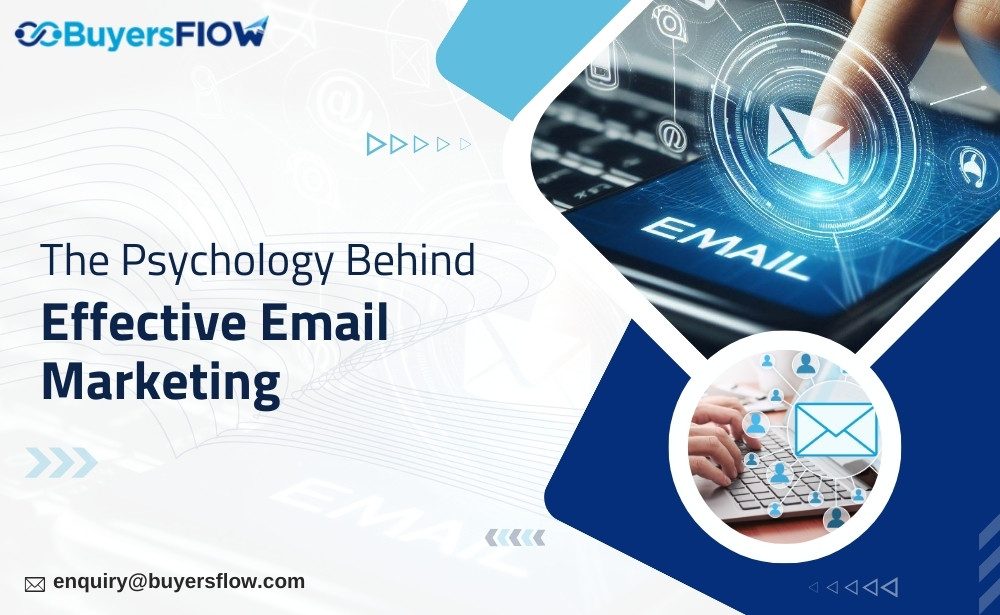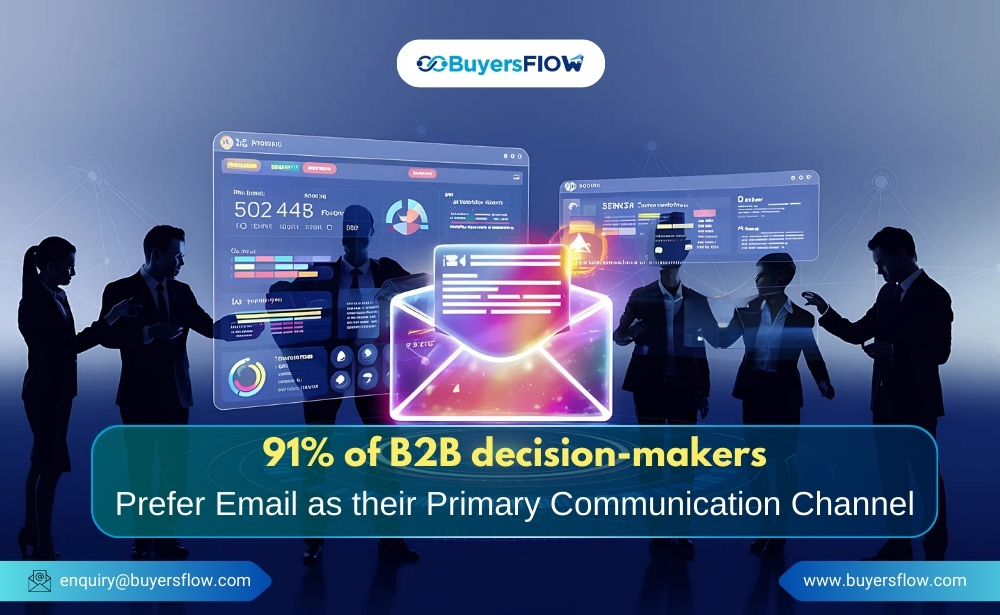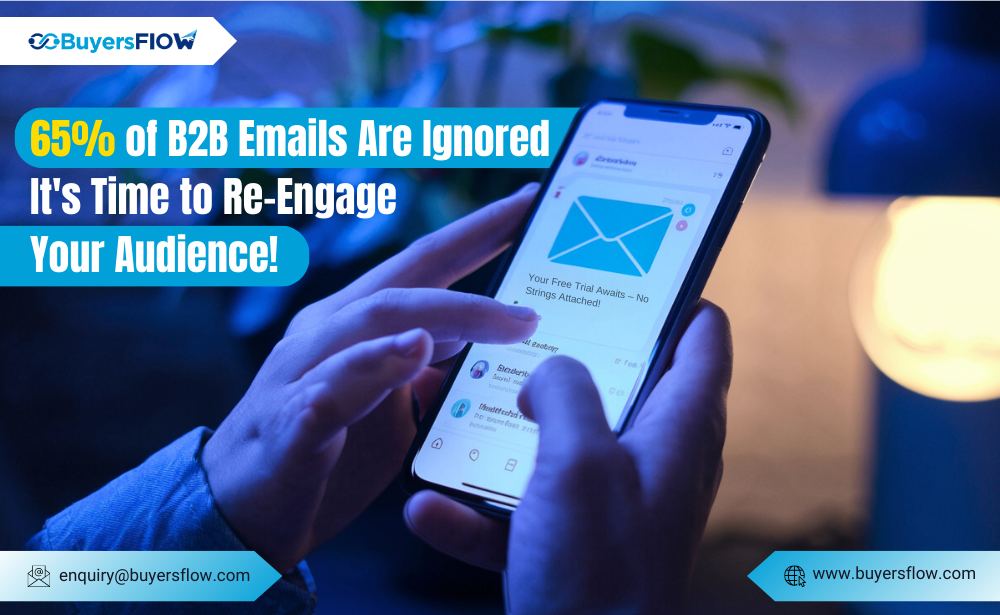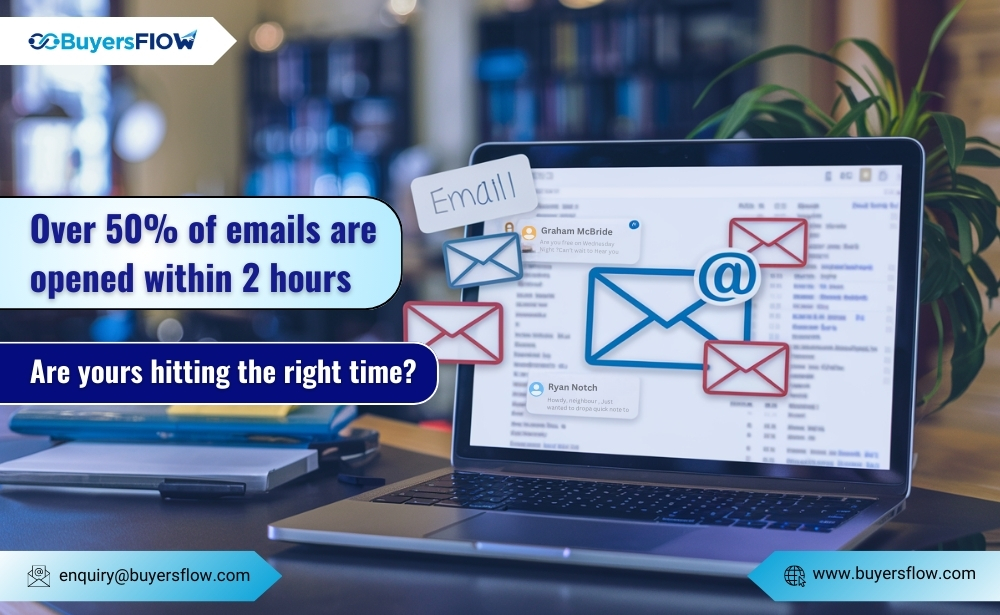Email marketing is not just about sending out promotions and newsletters; it’s about understanding human behavior and leveraging psychological principles to enhance engagement and conversions. By tapping into the fundamental ways people think and make decisions, marketers can create more compelling email campaigns that resonate deeply with their audiences. This blog explores the key psychological triggers involved in effective email marketing and how to apply them to your campaigns.
1. The Principle of Reciprocity
The principle of reciprocity is simple: when someone does something for us, we naturally want to return the favor. In email marketing, this can be leveraged by providing free value to your subscribers. This could be in the form of insightful content, helpful tips, or exclusive freebies. When subscribers receive something of value without any immediate cost, they are more likely to feel compelled to engage with the brand, whether through purchases, sharing content, or participating in events.
Application: Include useful information or resources in your emails that help subscribers solve a problem or learn something new. This sets the stage for positive engagement and sales down the line.
2. The Power of Social Proof
Social proof is a psychological phenomenon where people assume the actions of others in an attempt to reflect correct behavior for a given situation. In the context of email marketing, social proof can be leveraged by showcasing testimonials, reviews, and user-generated content that highlights the popularity and satisfaction associated with your products or services.
Application: Integrate customer testimonials, ratings, and case studies into your email content to build trust and credibility.
3. Scarcity and Fear of Missing Out (FOMO)
Scarcity and FOMO are powerful motivators in consumer psychology. They are based on the principle that people are likely to desire something more if it is in limited supply or available only for a limited time. This can be utilized in email campaigns by highlighting limited-time offers or limited-stock items.
Application: Create urgency in your emails with countdown timers for sale end dates, limited edition product announcements, or exclusive offers for subscribers.
4. The Commitment and Consistency Bias
People like to be consistent with things they’ve previously said or done. In email marketing, this psychological trait can be tapped into by first getting a small commitment, which can then be built upon. This could be as simple as asking subscribers to watch a video, read a blog post, or download a free guide.
Application: Encourage small commitments like signing up for a webinar or a free trial, then follow up with content that guides them towards making a purchase.
5. Personalization and Relevance
Personalization goes beyond addressing the subscriber by name. It extends to tailoring content to meet their specific interests, behaviors, and past interactions with your brand. Psychologically, personalized experiences make individuals feel unique and valued, which increases engagement and loyalty.
Application: Use data to segment your email list and customize the messaging to align with the specific interests and needs of different groups. The more relevant the content, the more likely it is to engage the recipient.
6. The Contrast Principle
This principle involves presenting two contrasting options to highlight the superiority of one over the other. In emails, this can be used to make a particular product, service, or offer stand out as the best choice compared to others.
Application: When presenting multiple products or offers, structure the information so that the most attractive option stands out. This could be through positioning, highlighting, or directly comparing it to other less attractive options.
Conclusion
Understanding the psychology behind how people interact with emails can significantly enhance the effectiveness of your marketing campaigns. By employing these psychological principles, you can create more engaging, persuasive, and ultimately successful email marketing strategies. Each of these tactics can be effectively implemented with tools like BuyersFlow, which offers advanced segmentation, personalization, and analytics to help marketers better understand and influence their audiences.





